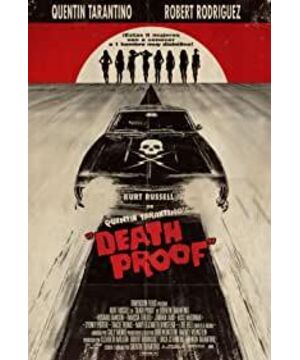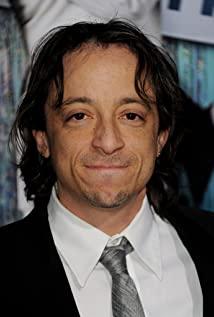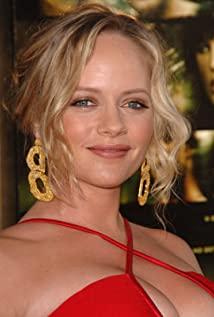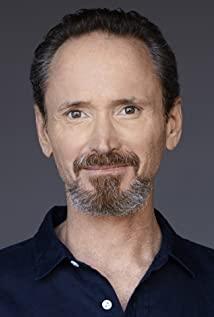How will Quentin's feminism be presented in the movie? There is almost no doubt that it must be kick man's ass. There is a certain pressure of men on women (some common tactics of men) everywhere in the film, and the last car chase is a refreshing counterattack. The structure of the film is simple: an intertext is formed by the juxtaposition of two stories. The close-up of the woman's buttocks, legs, and lips in the first story needs to be compared with the second story in order to understand Quentin's intentions. The intent is clear, but a little too neat.
This is a film that recreates the role (the protagonist) of the technical profession of stuntman from the perspective of filmmaking. Actually in Hollywood, trying to reconstruct and deconstruct Hollywood's filmmaking norms. And Quentin also seems to be questioning the word "stuntman", and even all occupations that contain the root "man" (in the end, stuntwoman killed stuntman). This is an upbeat feminist film that satirizes the hypocrisy, weakness, and conceit of men, and is full of humor and bad taste.
I have to admire Quentin's unique casting design, extensive exposure to pop music and the use of consummate skills, as well as his sensory aesthetics.
It is especially worth mentioning that some of the exaggerated performances in the film must have their purpose. Let's call it "performance overflow", this overflow implies a certain attitude of the director, which is mostly ironic. (For example, the behavior of the stuntman in the car after being shot, such as the witty and serious performance of the two Texas police officers, teasing the Texas character and its big man tradition)
After watching it, I wonder if the narrative method of a movie is also valid in other places around the world? The literary narrative of a large number of art film directors seems to be a universal language of the world. Tarkovsky's language and Anzhe's language are still in common use in China. But for Quentin, it's hard to imagine a remake elsewhere.
The brilliant point is that this can only be American movies, it can only be Hollywood. Like the pop art in the United States, Coca-Cola and Marilyn Monroe were in the United States, so authentic pop art can only be found in the United States. The cornerstone of pop art in the United States is a strong capitalist and commodity economy, and the cornerstone of Quentin's films in the United States is a strong Hollywood film production industry. A comparative study of pop art and Quentin's films may be an established and content topic.
Ending Song: "Hang up the chick habit / Hang it up, daddy / Or you'll be alone in a quick / Hang up the chick habit / Hang it up, daddy / Or you'll never get another fix " clumsy and cheerful Location question. Well, Quentin doesn't play implied, he plays express.
View more about Death Proof reviews











